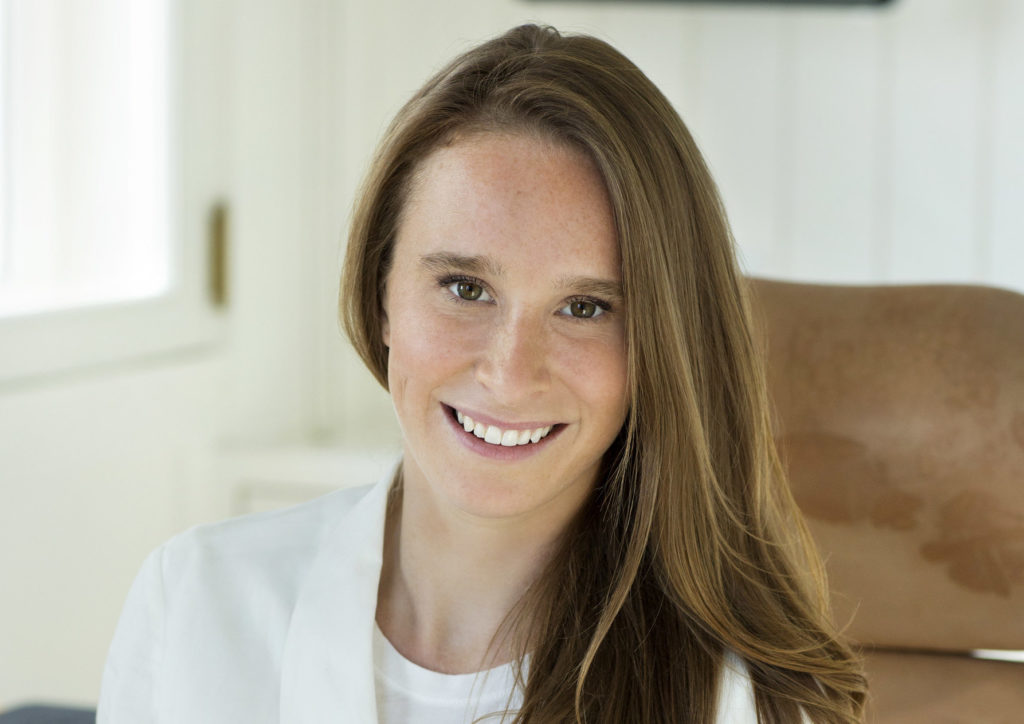
The key to virtual mental health care provider Charlie Health’s success rests on matching patients to the right clinicians and the right therapy groups, something its CEO contends it can only do in a virtual format.
Thus, Charlie Health will forever remain a virtual-only provider of high-acuity services to teens and young adults, according to company co-founder and CEO Carter Barnhart.
“We can put six 16-year-old girls who have sexual trauma or have had one suicide attempt and also have purple hair into a group together,” Barnhart told Behavioral Health Business, adding that patient satisfaction during care is a leading indicator of successful care. “We found that the easiest way to drive patient satisfaction is through this patient matching and seeing people who are similar to you and not feeling like you’re alone.”
And ultimately, hearing reassuring words like, “Me too, I’ve been through that,” or “I feel similarly to you, I can relate,” allows Charlie Health patients to feel connected to its platform, Barnhart explained.
Charlie Health, founded in 2020 and based in Bozeman, Montana, offers virtual intensive outpatient programs (IOP) and group therapy in 12 states.
The company employs over 500 people, about 300 of whom are mental health clinicians. Within the clinician group, about 60% are employed with Charlie Health as staffers while the remainder work for the company as contractors.
When pressed if Charlie Health would ever launch in-person services, Barnhart said doing so would limit its patient-matching capabilities to whichever patients and providers happened to be able to come to a clinic.
“We really feel like virtual is the only way to make treatment truly accessible,” Barnhart said.
Further, Charlie Health sees no demand from its patients to establish in-person services, something that Barnhart attributes to its successful virtual patient matching practices and a good user experience.
In contrast, Barnhart says brick-and-mortar providers often offer “clunky” virtual experiences that patients would rather not use in the place of an in-person visit.
Patient matching as a workforce tool
The patient-matching function also serves as a talent attraction and retention tool at a moment when Charlie Health is eyeing growth and the demand for mental health services outstrips what the mental health workforce is able to provide.
For example, 68% of psychologists saw their waitlists lengthen during the pandemic while 41% reported working at or beyond capacity, according to an October American Psychological Association survey.
“What we’re able to do is we have our clinician to share with us what type of patients they want to work with,” Barnhart said. “We’re able to pair our clinicians properly with the type of client that they specialize in and that they want to work with, which further leads to clinician satisfaction.”
The types of patients, focus and specialization Barnhart mentioned include the LGBT community, trauma survivors and people with anger-management issues.
The high-acuity space that Charlie Health operates in is especially challenging on the workforce front. Charlie Health tries to provide the best clinician experience possible and allows clinicians to join as W-2 staffers or work as contractors — both receive the same level of vetting, supervision and support.
While she said she hopes that all of Charlie Health’s clinicians eventually join the company as staffers, Barnhart acknowledges that the company must offer part-time contract opportunities to attract as many therapists as possible.
“Our goal is to attract the most-talented, high-quality clinicians — that’s what we try to optimize for instead of what’s easiest for us,” Barnhart said. “And let me tell you, W-2 is much easier.”
How Charlie Health charts expansion
So far, Charlie Health has raised at least $850,000 in seed funding — specifically in the form of a convertible promissory note, according to a June 2020 Securities and Exchange Commission document. The company has since received additional funds, but a representative from Charlie Health declined to disclose how much.
By the end of 2023, the company hopes to expand to enough states to be accessible to at least 80% of the young people in the U.S. Eventually, Barnhart hopes to have Charlie Health operational in all 50 states.
Charlie Health considers three key factors when prioritizing states to expand into, according to Barnhart: patient access to IOPs, mental health emergency room visits and the willingness of payers to contract with Charlie Health.
Charlie Health needs to have 100% insurance coverage before it launches in a new state “so that everyone can have access to care,” Barnhart said.
This means partnering with all major commercial insurance companies, Medicaid plans, self-insured employers and employer-backed commercial plans. On the patient side, Charlie Health assesses each family’s insurance coverage and tells them what their plan will cover.
And a key tactic in winning over insurance plans has been an early emphasis on outcomes data. Charlie Health partnered with the University of Pennsylvania to track its outcomes data to gain the gravitas of third-party assessment and avoid potential internal bias in the data.
Charlie Health’s 90-day readmission rate is less than 10%, Barnhart said, adding that the industry average rate is about 50%.
The company also seeks to be licensed to be able to provide care all over the state, gaining Joint Commission accreditation and building robust local health care networks.
“We’re dealing with high acuity patients; we have to have those relationships in place,” Barnhart said. “We can’t just launch overnight in all 50 states.”


